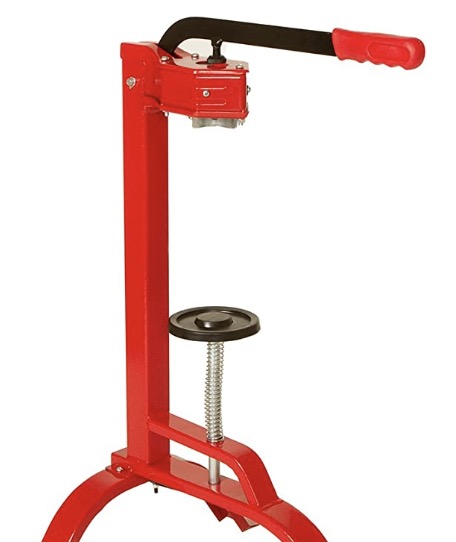Getting Closure: Corkers and Cork Sizing (WineMaker)

Properly sealing up your wine is the last great task at hand before laying down bottles. Making informed decisions on what size and type of cork suits your needs best and using the right tool can make a world of difference in its ageability. In the April-May 2020 issue of “Beginner’s Block” we covered the various closure options that are available to most winemakers and special considerations for each. This issue we look at cork sizing and the various corking tools available to you.
Cork Sizing
Choosing what size cork you purchase depends on several factors . . . but there are some standard sizes. Corks will vary in both their length and diameter. While length is measured in standard units such as inches/millimeters, diameter is measured by an assigned number. Generally #9-width corks are recommended for natural wine corks and colmated for the best seal. This cork size can also be used for synthetics, but this size is not recommended for anyone using a hand corker. For the less compressible corks such as agglomerate and bi-discs, #8-width corks can be utilized, but make sure you are using a corker with good torque and long-term aging is not recommended. #7 corks are generally not recommended for wine storage in normal wine bottles, but some smaller-neck bottles may require this size.
Cork length also plays a role and one that needs to be considered, along with cork type, when deciding how long you plan to age the wine. Longer corks generally mean less oxygen diffusion from the outside world into the wine and are therefore better suited for longer-term aging. Corks that are 1¾-in. (45-mm) long are the industry standard, with shorter corks meant for wines that are meant to drink very young, and longer corks for wines meant for long-term aging. For more on aging and the cork types, see winemakermag.com/article/corks-closures.
Corking Tools
Now that we’ve got our base understanding of the various corks that can be used, the tool that is utilized to compress and fit the cork into the bottle can make bottling day a lot easier. The elasticity (how much it will compress then re-expand) of the cork you choose should be highly dependent upon what type of corker you are utilizing.
* A greater percentage of WineMaker’s content is behind a paywall. If you are new to viticulture and/or winemaking, having a subscription for less than $50 annually is paramount. The resources WM provides are unparalleled, providing workshops, conferences, and online archival access to articles.
All geared to the hobbyist!


